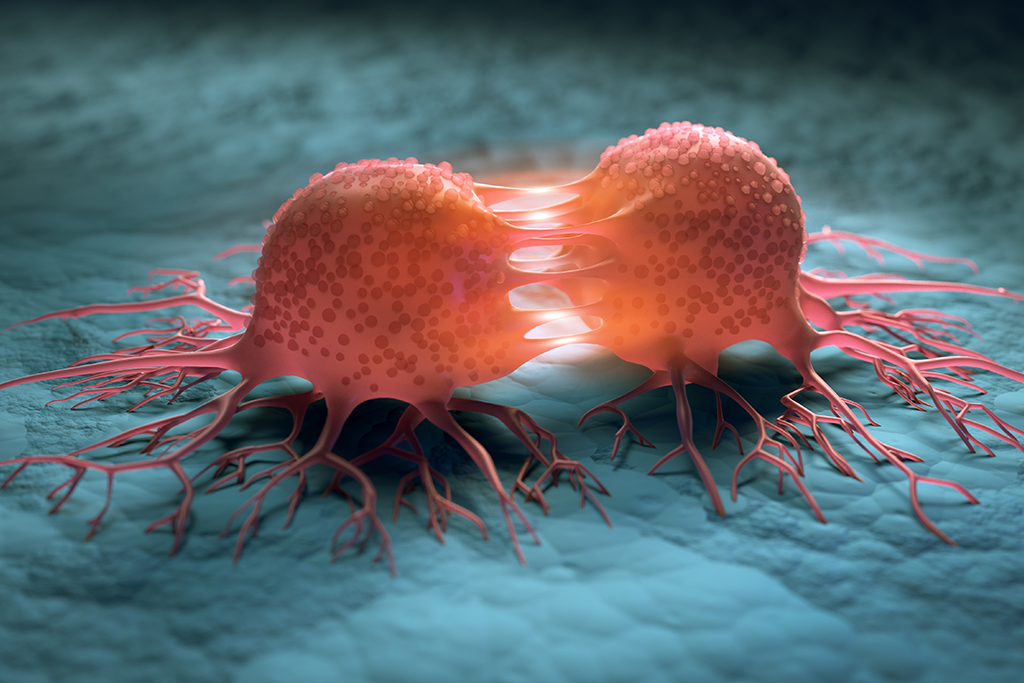Revealing new mechanisms of STAT3 inhibition
Facilitated by the SciLifeLab Chemical Biology Consortium Sweden (CBCS), researchers from Sweden and Canada have identified novel ways to inhibit STAT3 activity in cancer cells while revealing new mechanistic understanding of STAT3 biology.
Transcription factor STAT3 plays an important role during cancer development and progression and has, because of this, become a popular target for development of new cancer drugs.
There are already multiple STAT3 inhibitors that have progressed to advanced stages of development, but their inhibitory mechanisms are often more complex than would be expected from directly binding STAT3.
In a recent study, published in Science Advances and facilitated by the SciLifeLab Chemical Biology Consortium Sweden (CBCS), researchers identified and optimized multiple compounds that can block STAT3-dependent gene expression with nanomolar potency.
Surprisingly, the researchers discovered that their lead compounds did not bind directly to STAT3. Instead, these compounds inhibited another anticancer drug target, TrxR1, leading to Prx2 and STAT3 oxidation. This oxidation subsequently blocked STAT3-dependent transcription and induced cancer cell death.
Previously identified STAT3 inhibitors were also found to inhibit TrxR1, in a similar fashion.
These results shed light on the complexities of STAT3 regulation as well as highlight a novel mechanism to block and possibly treat corrupted STAT3 signaling in cancer cells resulting in apoptosis.





